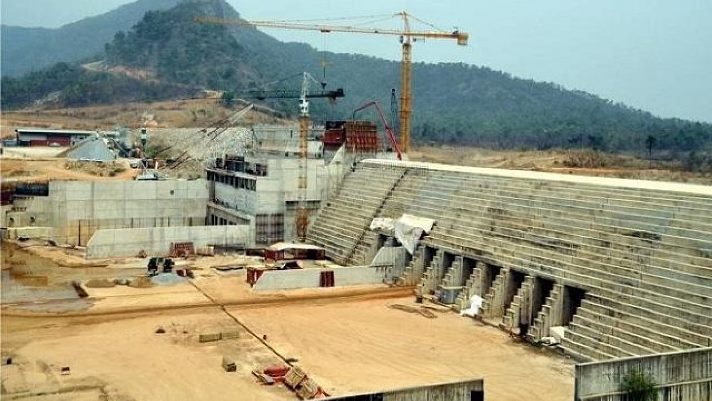Stakeholders in the Nigerian power sector have stressed the need for a long term financing to harness the potential of hydropower as source of energy.
Speaking during a press briefing on Hydropower Africa Week in Abuja on Tuesday, Lemu Audu, the managing director of Mainstream Energy Solutions Limited, said that inadequate access to long term financing is a major problem impeding the successful completion of power projects in the country.
Read also:FG eyes 40MW Kashimbilla hydropower plant to boost power supply
According to him, the HydroPOWER Africa week co-hosted with Mainstream Energy Solutions Ltd, the African Development Bank and the Sustainable Energy Fund for Africa, and the Nigerian Federal Ministry of Power, aims to bring all stakeholders together to provide viable solutions to challenges in the sector.
He said, “how we bring down the cost of energy, it is to bring down the cost of the project, also the surest way to that is by having access to long term financing, if we have that the cost of project will go down, it is not rocket science, and this is one of the problems we have around here, having access to long term financing.
“And the availability of pension funds, these are the funds that can support the development of hydropower.
Hydropower generation has gone far to make the renewable energies more relevant.
“We have had several projects which has gotten to the stage of approval but cannot be moved to completion due to financing and regulatory issues. So at the end of this event, we should be able to come up with a plan (Abuja action plan) that will ensure hydropower projects are taken to the final stage.”
Read also:FG inaugurates hydropower project in Gombe
Speaking further, Audu emphasised the need for a regulatory framework to be in place to ensure that investors are given some comfort and ensure they have returns on their investment, stating that otherwise no investor will invest in the sector.
“We are aware of the huge potential Nigeria has in terms of hydropower and we have not be able to harness that potential, so this week is to look at a what are the things that have been done rightly or wrongly and what are the things that needs to be done to ensure that we bring in the right investments to be able harness this potential.
“We are really lagging behind in terms of energy access and the only way to go, the future of electricity provision realy lies with hydropower, it is clean and sustainable the potentials are there for large, medium and small hydropower projects.
“By fostering strategic partnerships and pioneering investment frameworks, we can unlock the necessary capital to realise Africa’s hydropower potential. We need to turn aspirations into action,
propelling Africa towards a future powered by clean, sustainable energy,” he said.
Read also:FG plans concession of 12 hydropower plants to add 1,500MW
his remarks, Anton-Louis Oliver, the CEO of Serengeti Energy and IHA board member said, “Hydropower requires huge capital requirements, and getting the right kind of financing will lower the cost of energy.
“One of the biggest restrictions we are facing as a continent is that the best sources of financing are from institutional investors like the pension funds, but the regulations around pension funds restrict financing and investing in infrastructure projects like hydropower.
“Hydropower is one of the cheapest power sources, what is important for hydropower market is to create value for customers and sell at a cost effective rate, which can be achieved through effective financing and regulation.
Also speaking, Eddie Rich, the President of the International Hydropower Association, noted that the bulk of electricity provision in Sub-Saharan Africa comes from hydropower adding that most of the assets were getting fairly old. “We have got the responsibility to make sure that if we want to keep the light on, we look after our operating assets”
He explained that with significant solar power coming onto the African grids, it is imperative that Africa’s hydropower
potential is realised to ensure that reliable electricity supply is balanced and readily available.
“The development of hydropower in Africa is not just about generating electricity; it’s about empowering
communities, driving economic growth, and charting a sustainable path towards a clean energy future,” he said.
